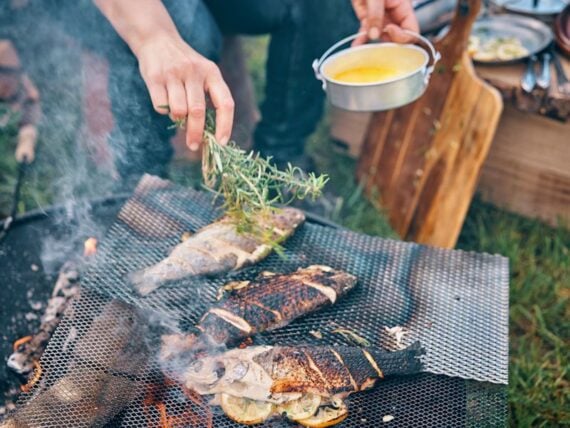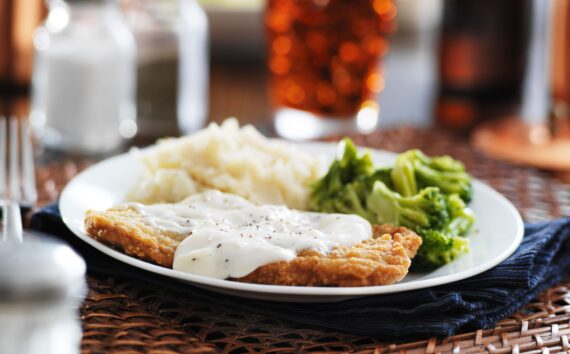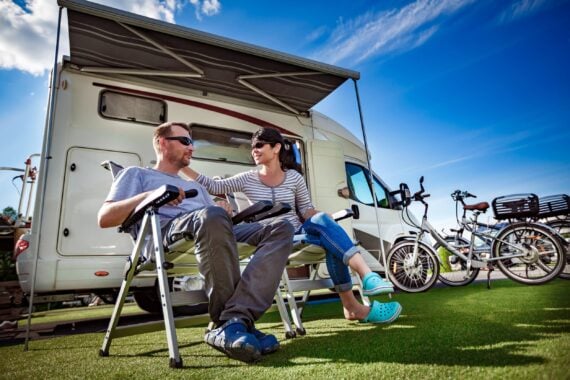Life on the road doesn’t have to mean eating an exclusively roadside-dive diet. In fact, there are plenty of tips and tricks from experienced RVers to ensure a balanced and tasty diet that doesn’t rely exclusively on takeout and restaurants. We spoke to proud RV owner Susan Teich, about how she keeps meals functional, interesting, and economical for her and her husband on the road. From stocking up on potable water to learning how to use an Instant Pot, these are the top food hacks for RV life.
Get to Know Local Supermarkets
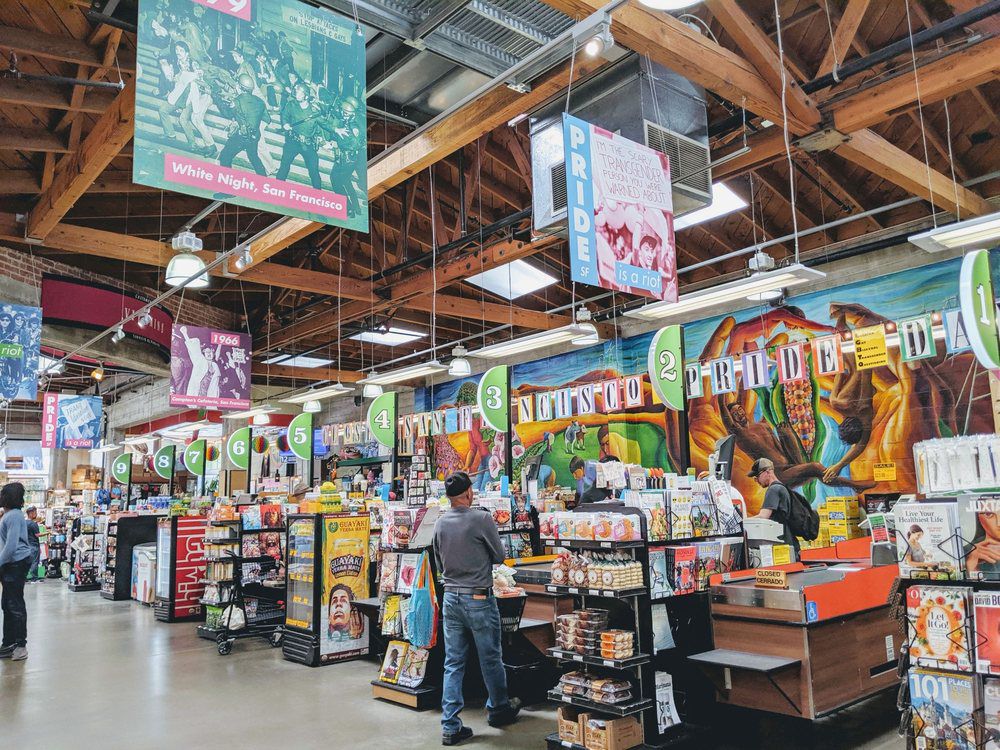
In addition to searching for nearby go-to stores like Trader Joe’s and Whole Foods, getting to know the local and regional supermarkets is a good move. Knowing which stores carry inexpensive and high quality basics takes the guesswork out of recipe planning.
Locate Farm Stands
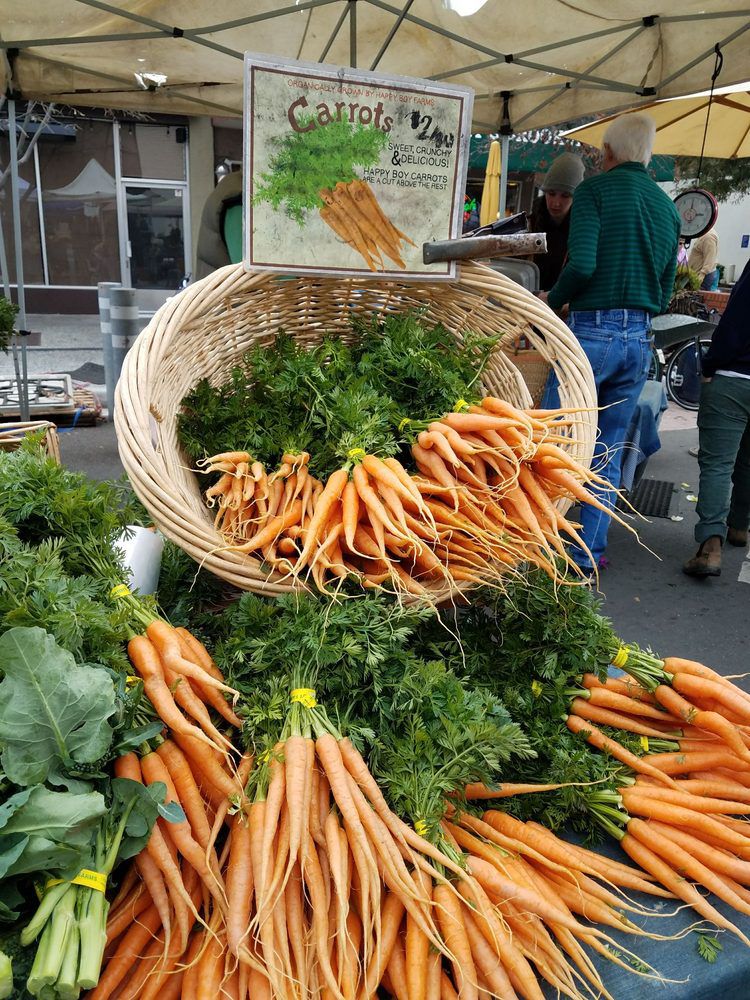
Hitting up farm stands is a great way to stock up on fresh produce. The in-season and local produce is often less expensive at mom-and-pop farm stands, and also tends to be fresher, which means it will last the longest.
Related: 25 Unique Farmers Markets That Offer Way More Than Just Food
Choose Recipes Thoughtfully
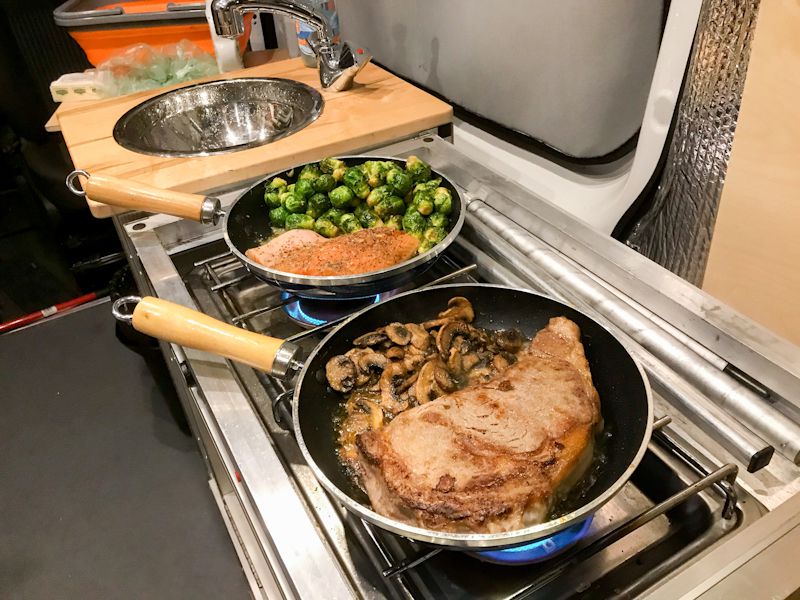
The RV lifestyle doesn’t always lend itself to complicated recipes. Dishes should be based around ingredients that are easy to find and that cater to your tastes. If something in a recipe strikes you as odd, skip it for a more straightforward crowd-pleasing dish.
The Instant Pot Is Your Friend
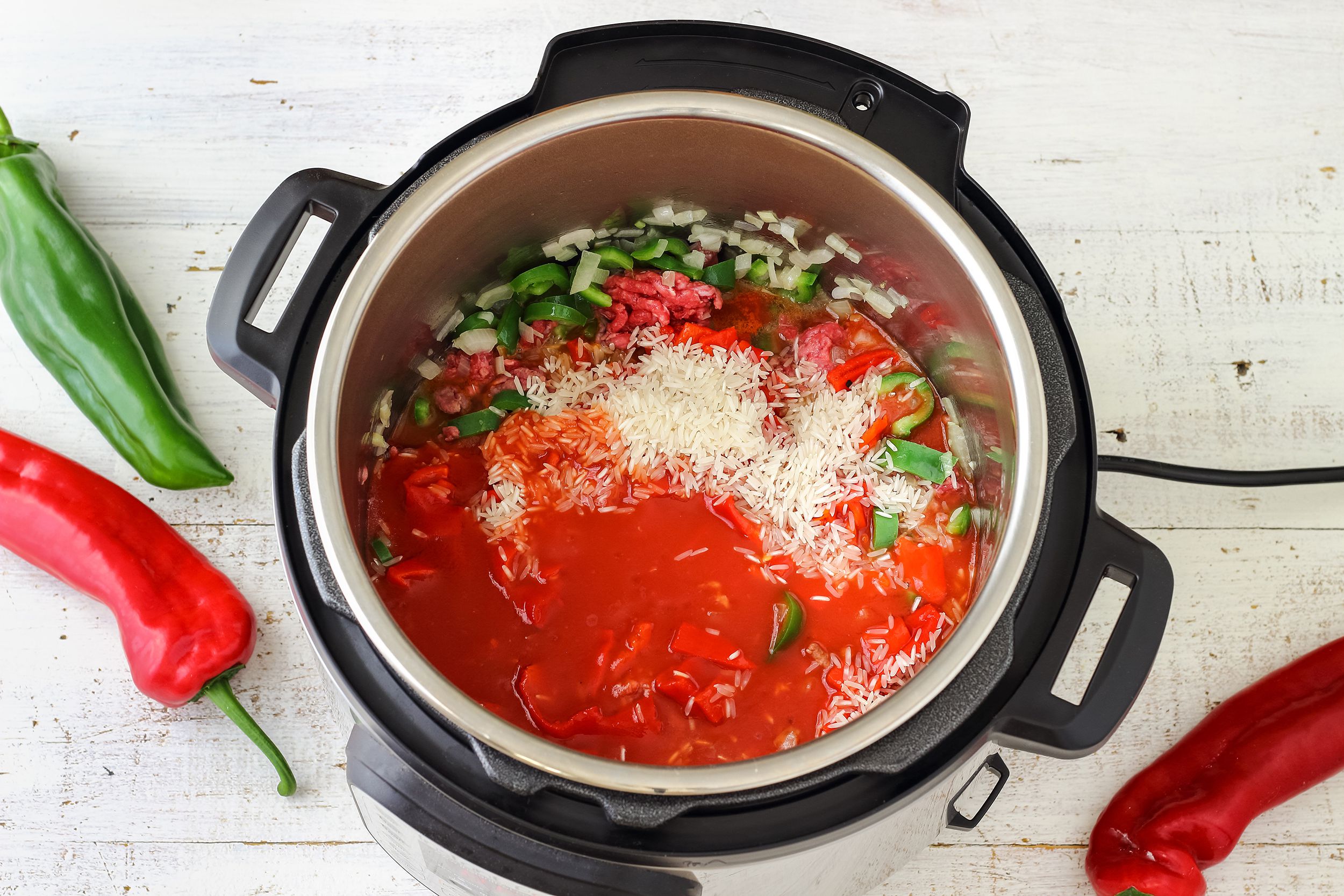
As Susan put it, the “Instant Pot uses precious little countertop space and precious little electricity.” She uses the insert included with the Instant Pot for recipes and meal ideas. What’s more, Instant Pot recipes are also quite cheap.
One Instant-Pot Family Favorite
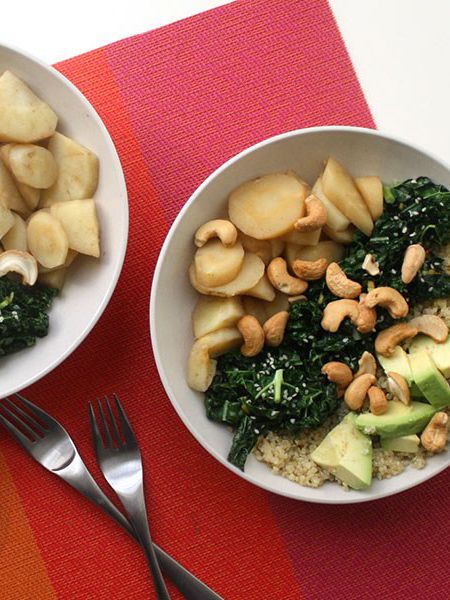
Teich is especially fond of using recipes from her cousin’s Instant Pot book, Vegan Under Pressure by The Veggie Queen Jill Nussinow. One go-to that she specifically recommends is the Maple and Vinegar Braised Parsnips.
Recipe: The Veggie Queen
Trending on Cheapism
Soups, Stews & Chilis
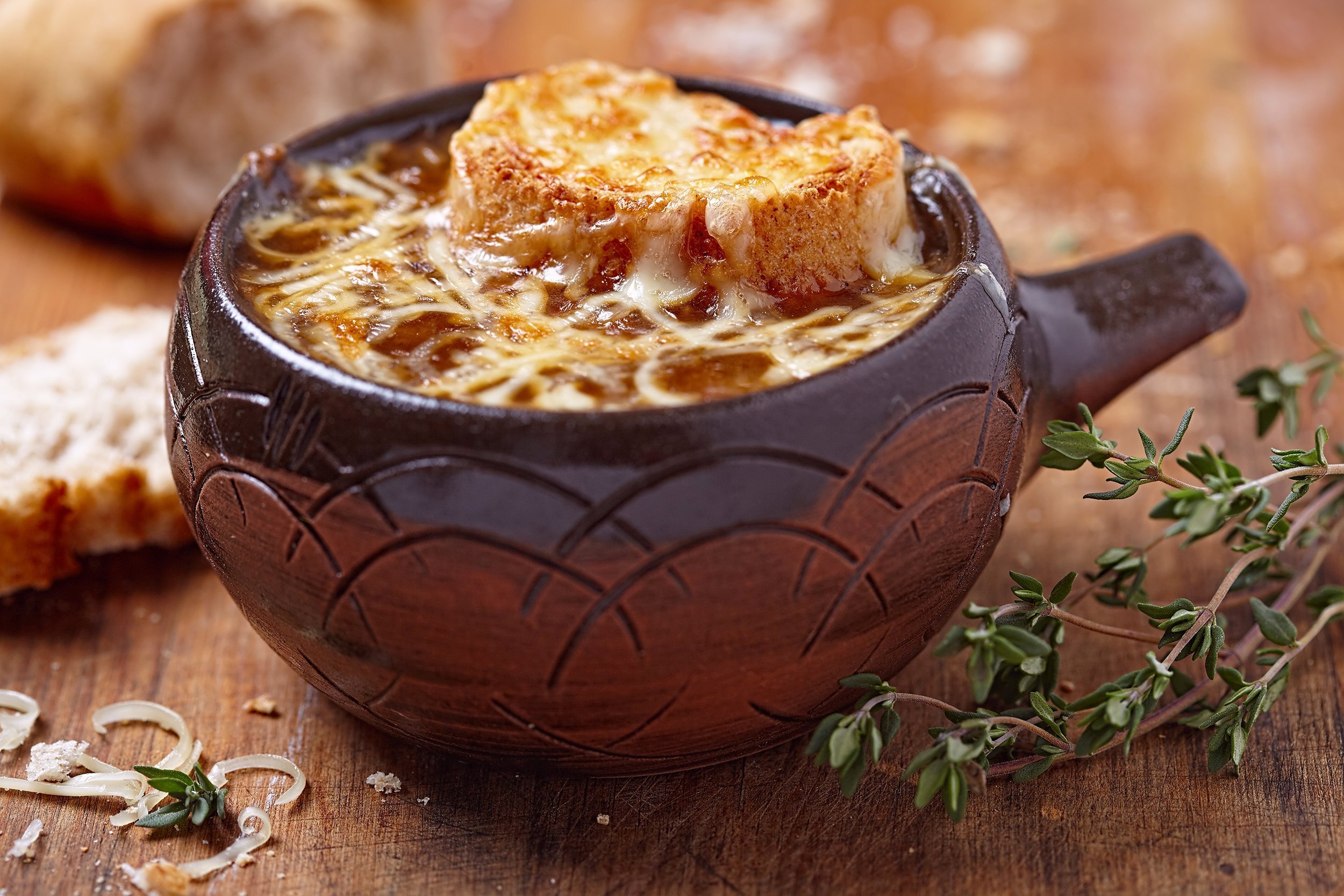
In addition to being easy to make in an Instant Pot, these dishes create large batches that keep well for a few days. Even when using a regular pot, they make for easy cleanup. And chili comes in many regional varieties that can make use of local ingredients.
Road-Tested Chili Recipe
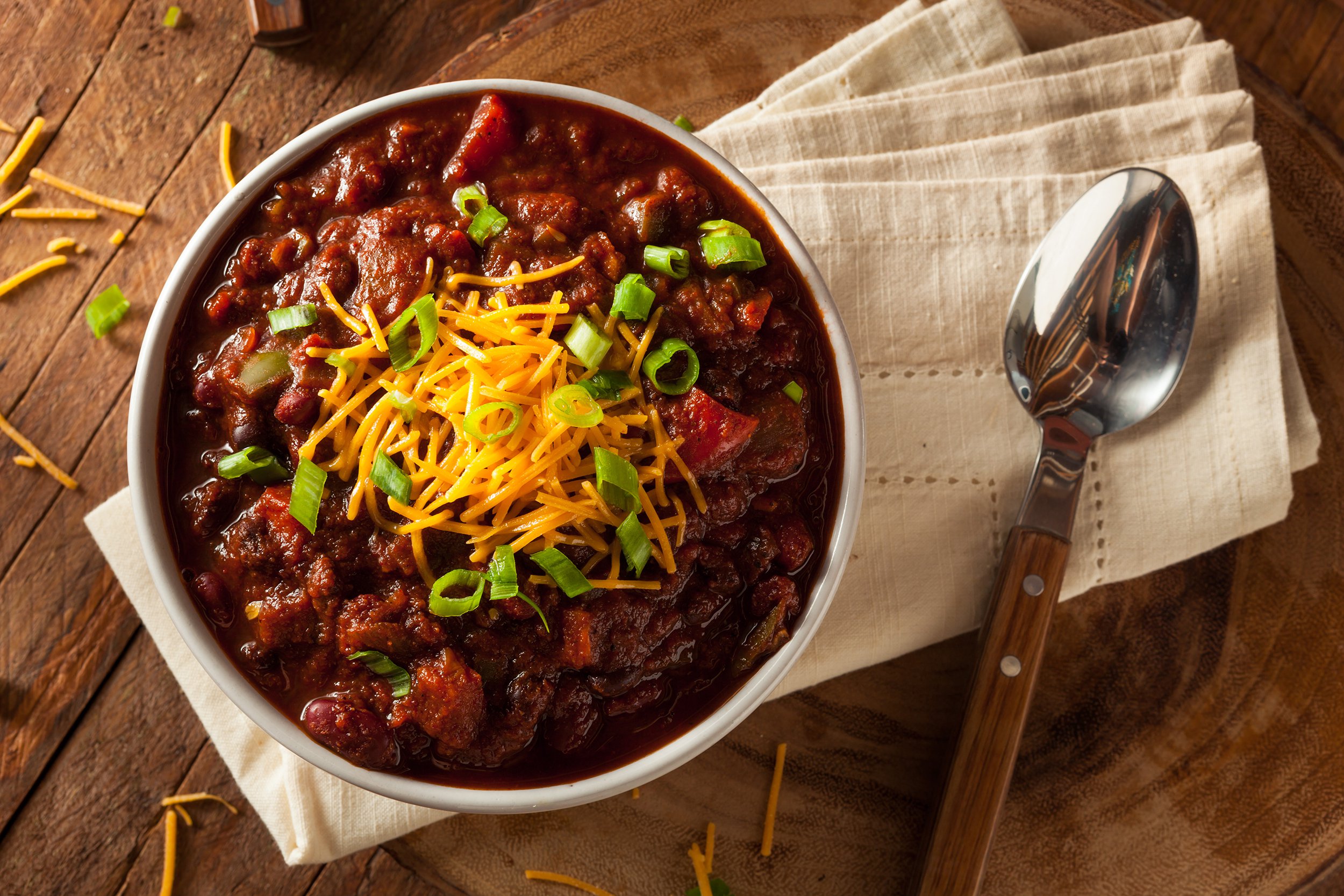
Another favorite recipe Teich recommends for the road is classic chili: “1 lb. ground meat; onions; carrots; peppers; mushrooms; jalapenos depending on how spicy you want it, 1 lg. can crushed tomatoes and get a 15-oz. can for extra if you need to make it saucier after you add everything; 2 15-oz. cans diced tomatoes; 5 oz. can each black, kidney, white beans. Start sauce on low in a large pot; put cans of tomatoes and add spices (honey, molasses, mustard, bbq sauce, brown sugar, oregano, parsley, basil, cinnamon). While sauce simmers, saute veggies a bit in extra virgin olive oil. Add ground meat to veggies and salt and pepper to meat. When close to being cooked, add crushed garlic to meat and veggie stir and cook a few more minutes. Rinse the 3 cans of beans, and add to sauce. Add cooked veggies and meat to sauce. Stir fry and let the flavors meld and add seasonings as needed.”
Cast Iron Is All-Purpose
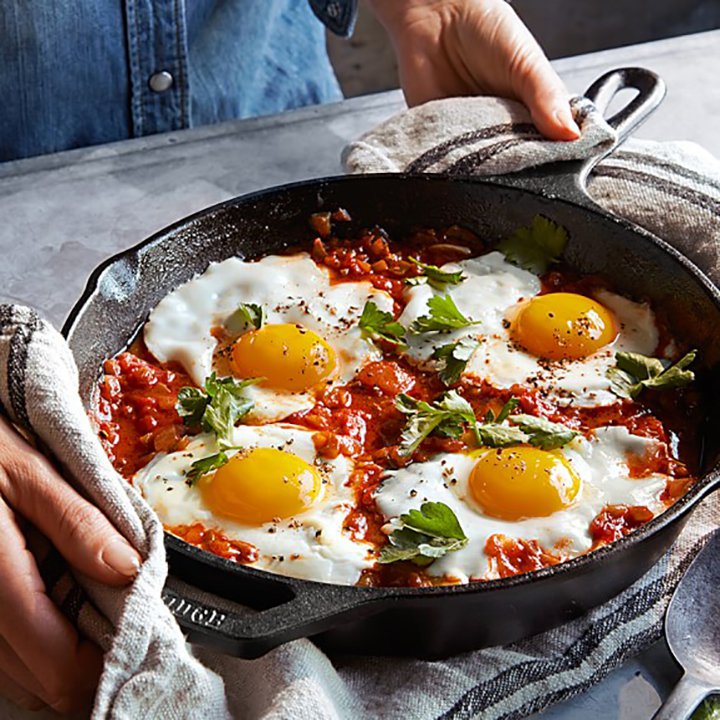
Cast iron pans can be used for indoor and outdoor cooking, which is especially useful for those who have RVs equipped with stove-top burners. This way you don’t need a second set of cookware, and cast iron pots and pans are built to last and can handle heavy use on the road.
Sign up for our newsletter
Use Outdoor Grills
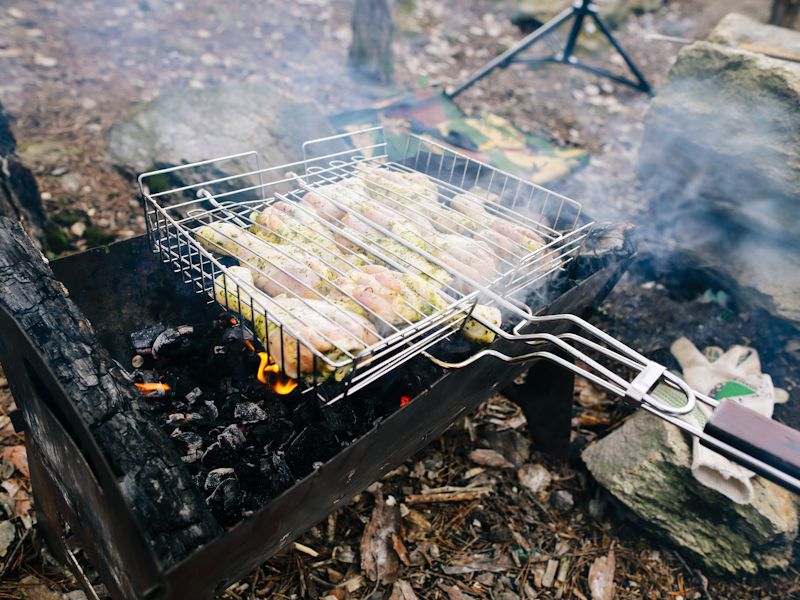
Take advantage of the campsites and RV parks that have outdoor grills. You can cook just about anything on a grill, and it makes for easy and quick cleanup. Ask friends and relatives if they have an outdoor grill when planning a visit.
Choose Dishes & Flatware That Suit Your Lifestyle
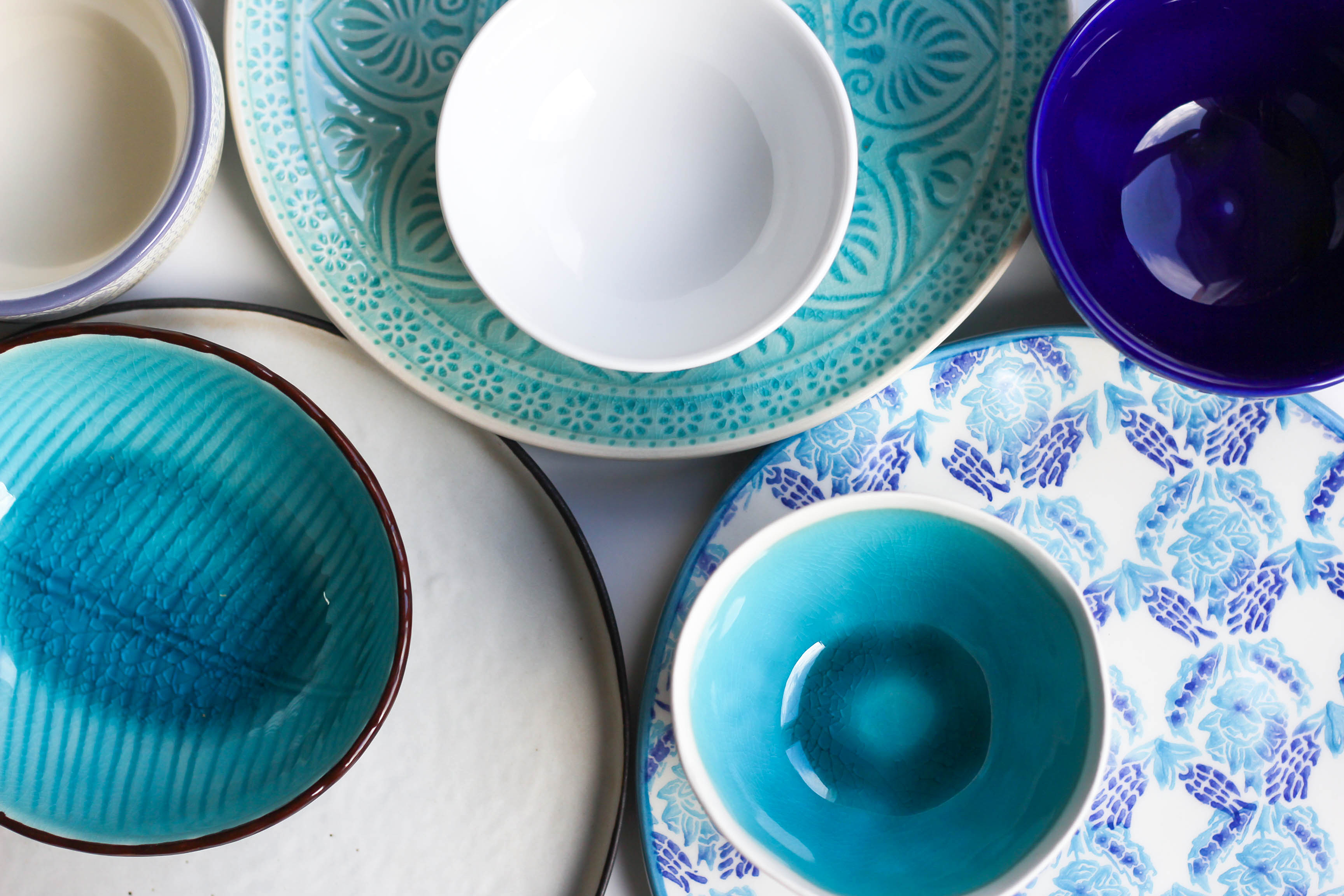
“Paper plates, utensils, etc., are easy on the cleanup, but miserable on the landfills” notes Susan, who has dabbled with packing Corelle pieces and metal flatware as a one time purchase alternative. At the end of the day, it comes down to personal preferences, which may require a bit of trial and error to find the right fit.
Plan Ahead
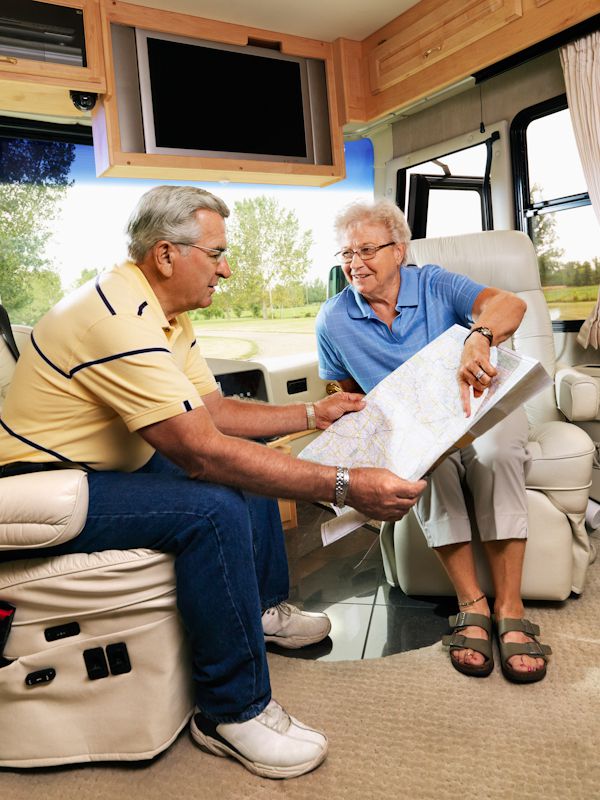
Knowing exactly what your storage situation is, including cabinets, refrigeration and freezer, is key. As a wife and mother, Susan knows that “when health restrictions apply, it’s essential to plan ahead, especially if food storage is limited.” Planning frequent grocery shopping, even on a daily basis, may be part of the routine.
Expect to Grill Instead of Bake
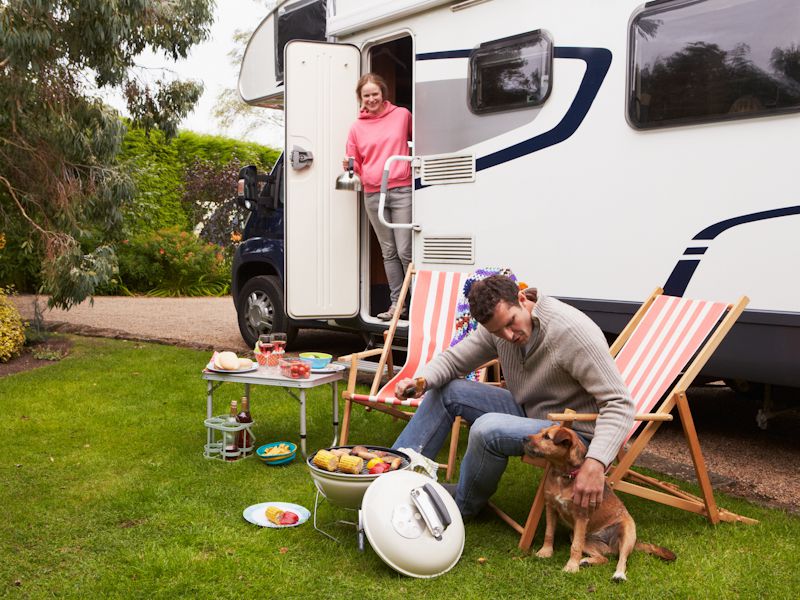
Teich laments the loss of an old stand-by: “I refrain from baking, which I miss, and roasting veggies since the oven never quite gets to the required high heat to really brown or crisp anything.” Instead she uses an outdoor grill when possible for high-heat cooking.
Think About Cold-Served Dishes
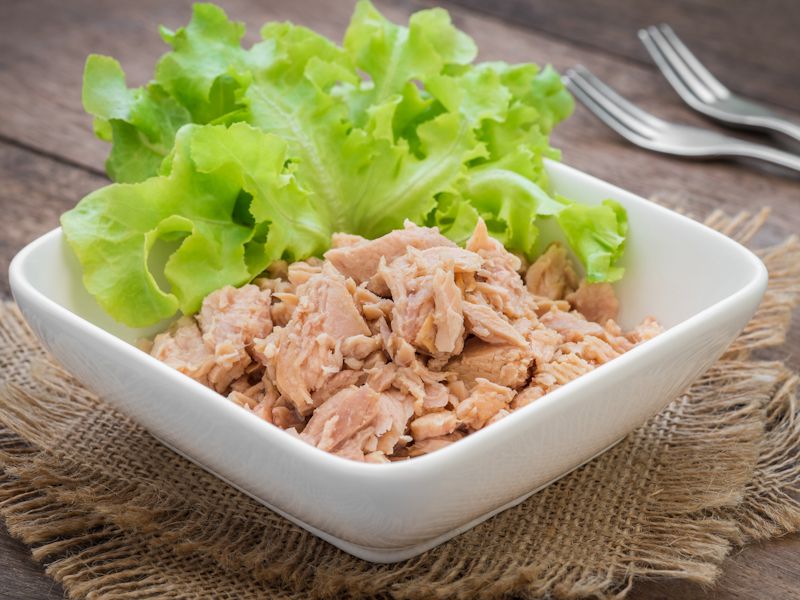
Preparing food in advance helps keep electricity usage low since the use of the kitchen tools runs from both diesel fuel and the batteries that are powering the RV. This is where dishes that can be eaten cold come in, Teich recommend favorites like yogurt, cereal and milk, tuna salad, and peanut butter and jelly.
Divide and Conquer
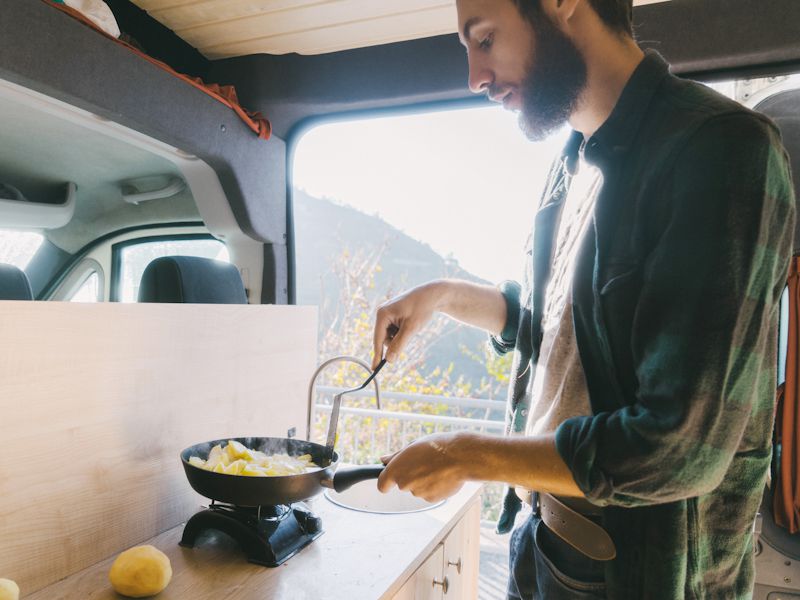
Since the stovetop technically has three burners, but are small and close together, a large pot ends up taking over the better part of the entire apparatus. When cooking two pots simultaneously, like for pasta, Teich uses the Instant Pot for one item, usually the pasta, while a large pot of sauce is simmering on the stove.
Stock Up on Water

Not all potable water is palatable, and you don’t want to be stuck at a campsite that has water that tastes bad. Keeping a good supply of bottled water on hand is always a good idea.
The Occasional Greasy Spoon Is Fun
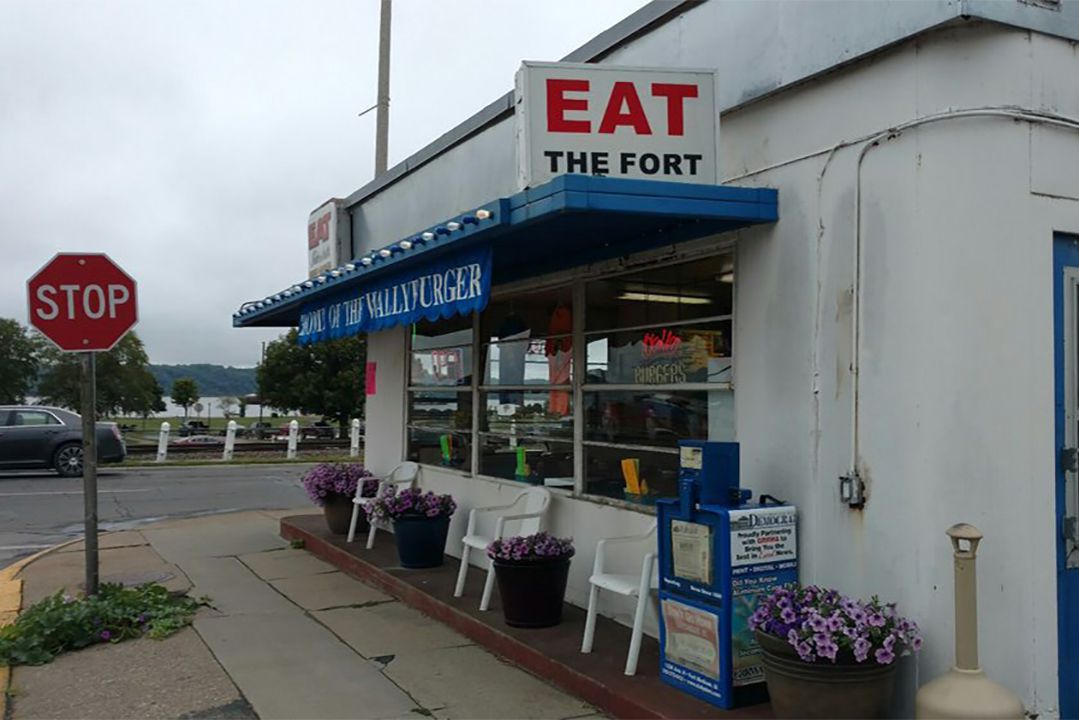
Road food should be a special treat, and in order to keep it fun, it has to be just once in a while. Doing a bit of research or just letting spontaneity take over from time to time can lead to some unexpectedly delicious and usually inexpensive food experiences.
